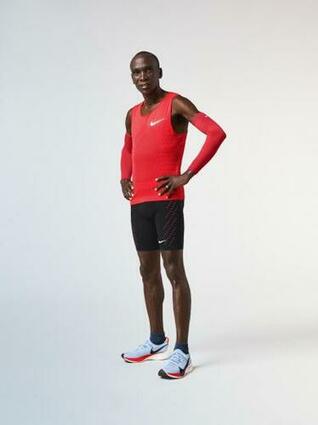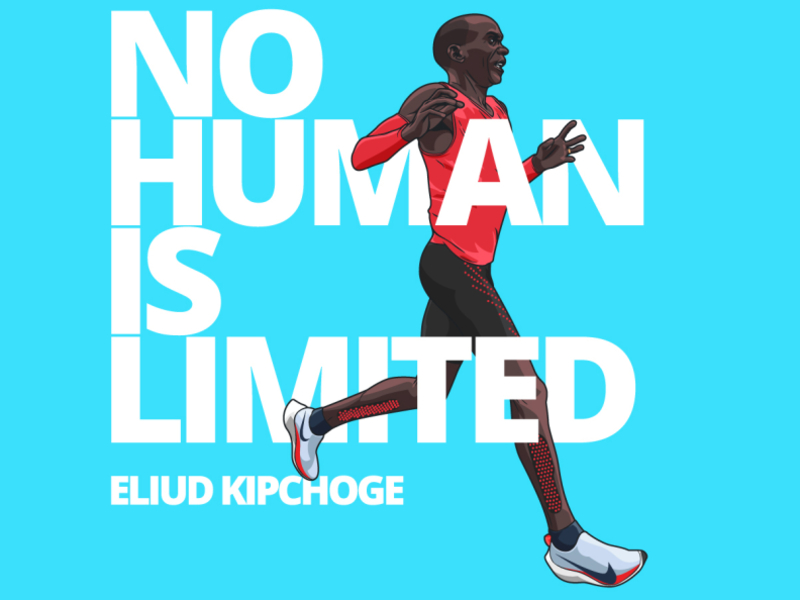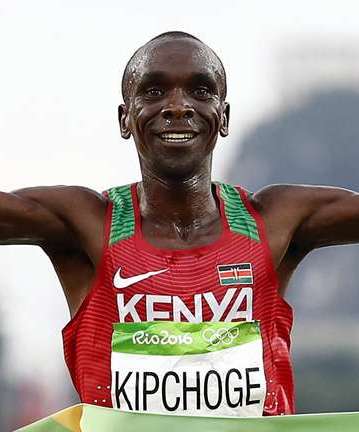

The news wasn’t exactly surprising, since Kipchoge had long maintained that he wanted to run all six World Marathon Majors before retiring. The maestro was finally coming to Heartbreak Hill. On December 1, the Boston Athletic Association (BAA) announced that Kipchoge would be running the 2023 Boston Marathon on April 17. So if you really want to nitpick, you could say that Kipchoge still needs to prove himself on a route with serious climbs. And while his Olympic victories in Rio in 2016 and Sapporo in 2021 happened in unpaced, championship-style races, neither course featured much in the way of topographical variation.

Although he has repeatedly triumphed against some of the world’s deepest, most competitive fields in Berlin and London, all his wins have come on fast, flat courses, usually with a team of pacemakers setting the tempo early, essentially ensuring that lesser talents wouldn’t stand a chance.

Stupendous as the accomplishment was, it didn’t quell a lingering critique of Kipchoge’s marathon oeuvre-that he still needs to show what he can do in an unpaced race with hills. What transpired in Vienna wasn’t a race but the manifestation of what a supreme distance-running artist could create in optimal conditions, with 41 of the world’s best offering their pacemaking services, and the latest Nike supershoes on his feet. But when he reeled off 26.2 consecutive miles at a 4:34 pace, he did something unprecedented. After all, other athletes have won Olympic medals and set world records. “My number one achievement is running under two hours,” he told me recently, referring to the day in Vienna in 2019 when he broke the mythical marathon barrier. In September, after he won the Berlin Marathon in 2:01:09, slicing 30 seconds off his own world record, The New York Times and Runner’s World both published articles on his water-bottle guy. If anything, Kipchoge’s dominance has created the opposite problem for the running commentariat: What more can be said about someone who seems to win every race, in an event where that kind of consistency isn’t supposed to be possible? Fortunately, Kipchoge’s outsize aura means that every detail of his existence has the potential to become supercharged with significance.

In most other sports, the question of who deserves to be called the GOAT is reliable fodder for bar-side bickering. In the decade since Eliud Kipchoge made his debut at the 2013 Hamburg Marathon, the now 38-year-old Kenyan has demolished the grading curve for marathon mastery. The first human to run 26.2 miles in under two hours. The numbers speak for themselves: 15 victories in 17 starts.


 0 kommentar(er)
0 kommentar(er)
